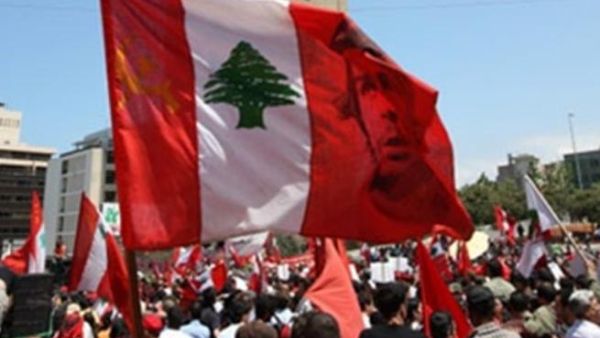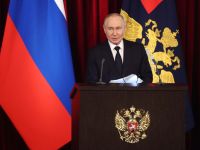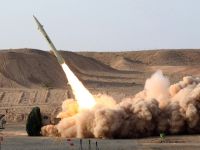There are many items on labor activists’ agendas for reforming the union movement in Lebanon, which suffers from an ineffective and corrupt bureaucracy, as well as a weak private-sector presence.
Labor activists all agreed on the need for an independent and democratic union movement to replace the existing General Confederation of Lebanese Workers (CGTL). In a gathering that brought together trade unionists and labor activists to discuss ways to reform the largely defunct labor federation, many felt it was high time that an alternative structure be established to fight for workers’ rights.
Salibi also points to yet another complication in which union leaders are tied to sectarian-based political parties who pay their wages, adding that these officials, in most cases, do not even belong to the sector they represent, thus severely limiting their ability to represent the rank and file. This leads to a situation in the public sector, for example, where the union representative is from the same party and sect as the managing director with whom they must negotiate.
Head of the Public School Secondary Teachers Association, Hanna Gharib, spoke about his recent experience as part of the Union Coordination Committee (UCC) that led the struggle for a minimum wage hike, noting that despite the unity shown by the various organizations in the UCC, they are still divided on many issues.
Gharib pointed out two key problems facing the union movement: “The first is that it is part of the sectarian political system, and the second is that there are different priorities for the private and public sectors – in the private sector there is no union activity.” He points to his experience during the teachers’ strike, when the private school teachers union pulled out in the first few days, fearing retribution.
Gharib and others at the gathering expressed concerns about the lack of participation by the rank and file and the inability of union officials to mobilize the workers they represent, leading some to call for a “revolution from below” in the union movement, and the need for political parties that can play a role in strengthening the role of labor in government.








